Update breaks Google Assistant on the Pixel 4
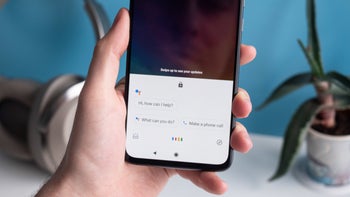
Google made some big changes to Google Assistant this year for the Pixel 4 series. First, it moved the processing on-device which makes the virtual digital helper more responsive. Google also shrunk down the size of the UI to prevent Assistant from taking over much of the Pixel's display. By all accounts, Pixel 4 users are happy with the changes, but there is some bad news for those who installed the latest beta version of the Google app.
According to 9to5 Google, version 10.90 of the Google app beta creates some issues when the user tries to launch Assistant on a Pixel 4. Swiping up from one of the bottom corners fails to awaken the AI helper although some might see a message that reads "Assistant will be ready soon." Other methods of activating Google Assistant such as calling out the "Ok Google" or "Hey Google" wakeword don't work and neither does tapping on the Assistant's icon in the Pixel Launcher's search bar.
The beta update started rolling out last night and doesn't affect features that are tied to Assistant such as the Updates page and Lens. Users can still get the weather, search for something, or listen to a podcast. Keep in mind that this issue is limited to Google Assistant on the Pixel 4 and Pixel 4 XL.
There are a pair of workarounds. Users can uninstall the beta version of the Google app and install the stable version instead. Or, they can clear all data and storage for the Google app by going to Settings > Apps & notifications > See all apps > Google > Storage & cache > Clear storage > Clear all data. After doing this, you will have to start Google Assistant from scratch.
While Google Assistant is considered by many to be the best of the popular virtual digital helpers (it always seems to top Siri, Alexa, and Cortana in impartial tests), it has only 9% of the market. A report from Futuresource indicates that Siri has the largest share of the assistant market with 35%. That's because Siri is pre-installed on the iPhone and other products such as the AirPods Pro. Because Cortana is included with all Windows 10 PCs, Microsoft's assistant is second with a 22% slice of the pie. Google Assistant and Amazon's Alexa are third and fourth with shares of 9% and 4% respectively.
The report notes that shipments of virtual assistants rose 25% year-over-year to reach 1.1 billion units. By 2023, the number of virtual assistants being shipped is forecast to reach 2.5 billion units. And Futuresource predicts that next year, for the first time, more devices with a virtual assistant will be shipped compared to the number shipped without the feature. Simon Forrest, Principal Technology Analyst at Futuresource Consulting says, "Growth presently continues unabated, as virtual assistants become a common feature across the Consumer Electronics and Automotive sectors. Indeed, 2020 will be the year when shipments of voice-enabled products overtake those with no voice capability."
Noting what Google was able to do with the Assistant on the Pixel 4 this year, Forrest adds, "Alongside the introduction of neural network accelerators in silicon chips powering consumer electronics products, this allows virtual assistants to begin to operate independently on the device itself, without always accessing the cloud. This leads to enhanced privacy and also enables advanced conversational ability, due to reduced latency overall.
The analyst also pointed out that Amazon has added emotions that Alexa conveys in her speech. "These advancements in voice technology may appear superficial at first," Forrest says. "However, a less robotic voice leads to consumers expecting more capability from their virtual assistant, leading to increased engagement."

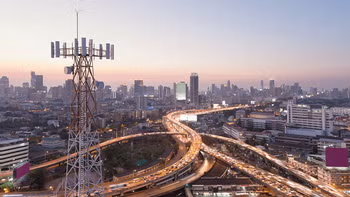

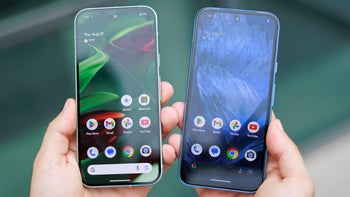
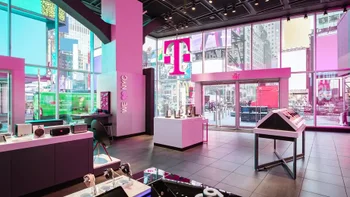
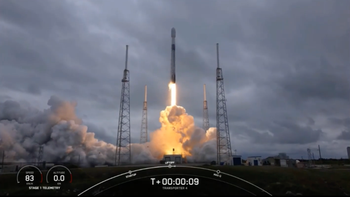
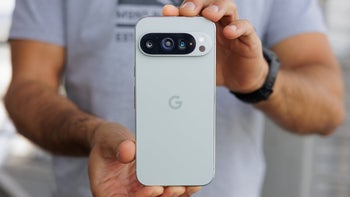
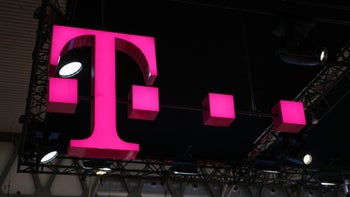


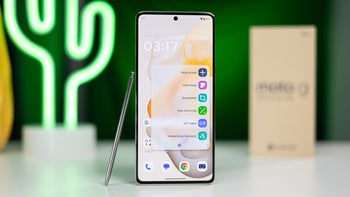
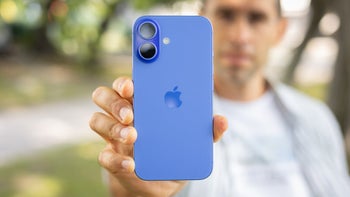
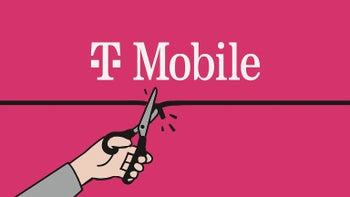
Things that are NOT allowed: